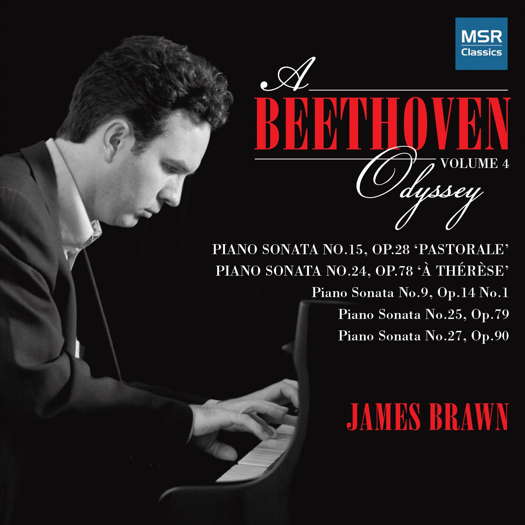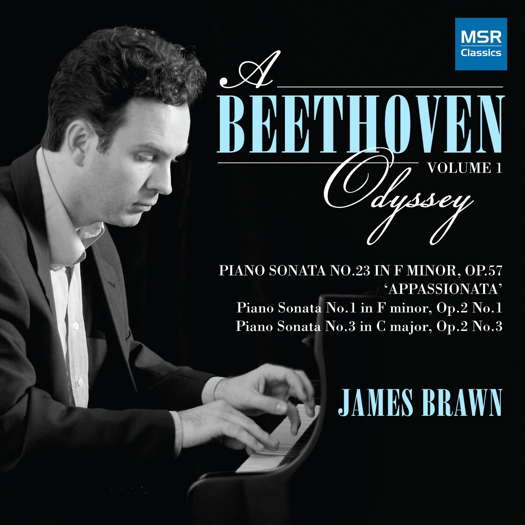 SPONSORED: CD Spotlight. Pure Magic - James Brawn's continued Beethoven Odyssey, awaited by Andrew Schartmann.
SPONSORED: CD Spotlight. Pure Magic - James Brawn's continued Beethoven Odyssey, awaited by Andrew Schartmann.
All sponsored features >>


A Compelling Disc
Schoenberg piano music,
recommended by GEOFF PEARCE
'Yoko Hirota's performances here are truly exceptional ...'
This very interesting album is a reissue of one first released in 2005. The disc contains the Klavierstücke Op 11, 23 and 33, and fragments that number seventeen in all, and these date from about 1900-1933, encompassing the years of the composer's piano writings.
For those who enjoy the music of Schoenberg, there is much to be gained from this disc. To include the seventeen fragments was a masterstroke, I think, as it illustrates very clearly, the composer's developmental ideas, and the three sets of pieces show the application of these ideas.
Even though the language is atonal or serial in the three Klavierstücke sets presented here, there is a tremendous range of expression, articulation and colour. Elegance and conviction in both the music and the performances make this a compelling disc.
This is music that requires a strong sense of what is happening, of melodic shape, a formidable technique, especially in regards to delivering the very exact articulation that Schoenberg requires. This is especially evident in the third of the Three Pieces, Opus 11.
Listen — Schoenberg: III (Drei Klavierstücke, Op 11)
(track 3, 0:47-1:36) © 2019 Navona Records LLC :
I find the Opus 23 and Opus 25 more refined and exacting than the Opus 11, particularly in regard to the articulations and colours required.
The fragments are very interesting, and really illustrate the development of the composer's musical style, from the very lyrical first four, which have been described as 'Brahmsian', for very good reason. There are evidently notes in the original manuscript that the composer wrote to express his agony at not being able to continue a musical idea and complete the piece.
Listen — Schoenberg: Fragment No 3
(track 13, 0:41-1:32) © 2019 Navona Records LLC :
The fourth fragment is much more chromatic, tautly anguished, and is, I think an insight into what follows.
Listen — Schoenberg: Fragment No 4
(track 14, 0:00-0:15) © 2019 Navona Records LLC :
Yoko Hirota's performances here are truly exceptional - always expressive, technically very assured, and she knows instinctively where the melodic lines and supporting harmonies are going. This is a repertoire that most pianists seem to eschew (although Pollini has made some great performances and recordings), and this is a great pity as Schoenberg is often portrayed as a rather cold and remote character. As these works illustrate, this is far from the truth.
My final illustration is probably the least typical of the composer's writing in which he produces a fragment, number 12, that is very reminiscent of the music of Prokofiev.
Listen — Schoenberg: Fragment No 12
(track 22, 0:00-0:41) © 2019 Navona Records LLC :
Approach this superb disc with an open mind, and you will hear performances that will blow you away with their beauty and expressiveness, not to mention technical prowess.
Copyright © 18 April 2019
Geoff Pearce,
Sydney, Australia



